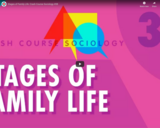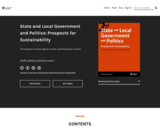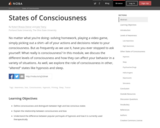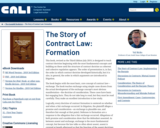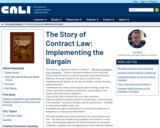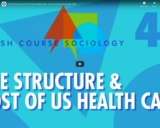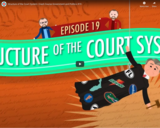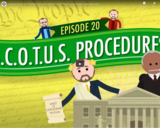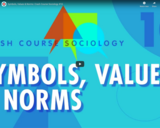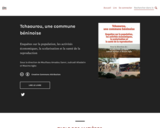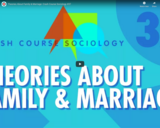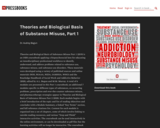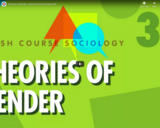
The 2014 Russia–Ukraine conflict has transformed relations between Russia and the West into what many are calling a new cold war. The West has slowly come to understand that Russia’s annexations and interventions, interference in elections, cyber warfare, disinformation, assassinations in Europe and support for anti-EU populists emerge from Vladimir Putin’s belief that Russia is at war with the West. This book shows that the crisis has deep roots in Russia’s inability to come to terms with an independent Ukrainian state, Moscow’s view of the Orange and Euromaidan revolutions as Western conspiracies and, finally, its inability to understand that most Russian-speaking Ukrainians do not want to rejoin Russia. In Moscow’s eyes, Ukraine is central to rebuilding a sphere of influence within the former Soviet space and to re-establishing Russia as a great power. The book shows that the wide range of ‘hybrid’ tactics that Russia has deployed show continuity with the actions of the Soviet-era security services.
- Subject:
- Political science
- Social and Behavioral Science
- Material Type:
- Textbook
- Provider:
- E-International Relations
- Author:
- Paul D'Anieri
- Taras Kuzio
- Date Added:
- 01/12/2021

